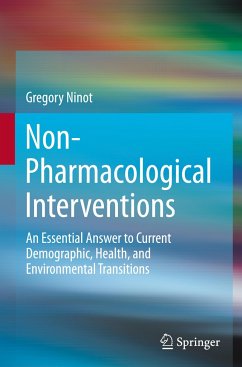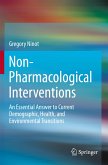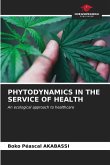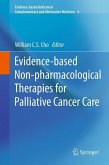Non-pharmacological interventions (NPIs) have become essential solutions for better living, preventing disease, and self-care, in addition to biomedical treatments, and for increasing longevity without loss of quality of life. Over the past 20 years, these practices have gone from general diet and hygiene advice to targeted and personalized solutions for prevention, care optimization, and curative treatments. Selected empirically for centuries or recently with the help of technological innovations and epigenetic, interventional, and medico-economic studies, their development is growing and diversifying around the world. Today an NPI ecosystem is made up of a myriad of public and private actors. As interest in NPIs grows, so do questions about safety, effectiveness, standardization, ethical practice, and surveillance. In this book, the author answers these questions with a scientific approach, because evidence-based science, evidence-based practice, clinical research, and data monitoring have revolutionized this field.
Topics explored among the chapters include:
· Defining Non-Pharmacological Interventions
· The Benefits and Dangers of Non-Pharmacological Interventions
· Motives and Facilitators of Non-Pharmacological Intervention Use
· The Market for Non-Pharmacological Interventions
· Evaluation of Non-Pharmacological Interventions
· The Future of Non-Pharmacological Interventions
Non-Pharmacological Interventions: An Essential Answer to Current Demographic, Health, and Environmental Transitions is a must-have resource for clinicians and other health professionals, researchers, students, health insurers,policy-makers, caregivers, and entrepreneurs in the health and wellness space, as well as any users who wish to inform themselves about NPIs.
Topics explored among the chapters include:
· Defining Non-Pharmacological Interventions
· The Benefits and Dangers of Non-Pharmacological Interventions
· Motives and Facilitators of Non-Pharmacological Intervention Use
· The Market for Non-Pharmacological Interventions
· Evaluation of Non-Pharmacological Interventions
· The Future of Non-Pharmacological Interventions
Non-Pharmacological Interventions: An Essential Answer to Current Demographic, Health, and Environmental Transitions is a must-have resource for clinicians and other health professionals, researchers, students, health insurers,policy-makers, caregivers, and entrepreneurs in the health and wellness space, as well as any users who wish to inform themselves about NPIs.








